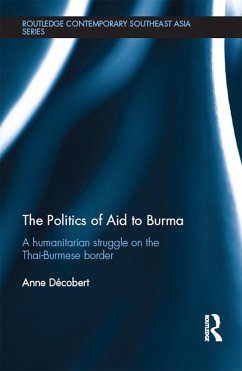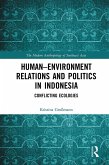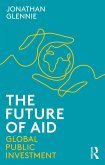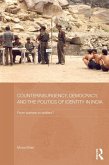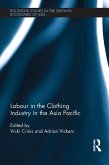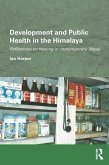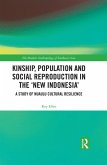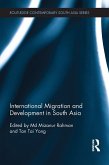Through an ethnographic study of a cross-border aid organisation working on the Thailand-Burma border, this book focuses on the political and ethical dilemmas of "humanitarian government". It explores the ways in which aid systems come to be defined as legitimate or illegitimate, humanitarian or "un-humanitarian", in an international context that has witnessed the multiplication of often-conflicting humanitarian systems and models. It examines how an "embodied history" of violence can shape the worldviews and actions of local humanitarian actors, as well as institutions created to mitigate human suffering. It goes on to look at the complex and often-invisible webs of local organisations, international NGOs, donors, armed groups and other actors, which can develop in a cross-border and extra-legal context - a context where competing constructions of systems as legitimate or illegitimate are highlighted.
Exploring the history of humanitarianism from the local aid perspective of Burma, this book will be of interest to students and scholars of Southeast Asian Studies, Anthropology of Humanitarian Aid and Development Studies.
Dieser Download kann aus rechtlichen Gründen nur mit Rechnungsadresse in A, B, BG, CY, CZ, D, DK, EW, E, FIN, F, GR, HR, H, IRL, I, LT, L, LR, M, NL, PL, P, R, S, SLO, SK ausgeliefert werden.

